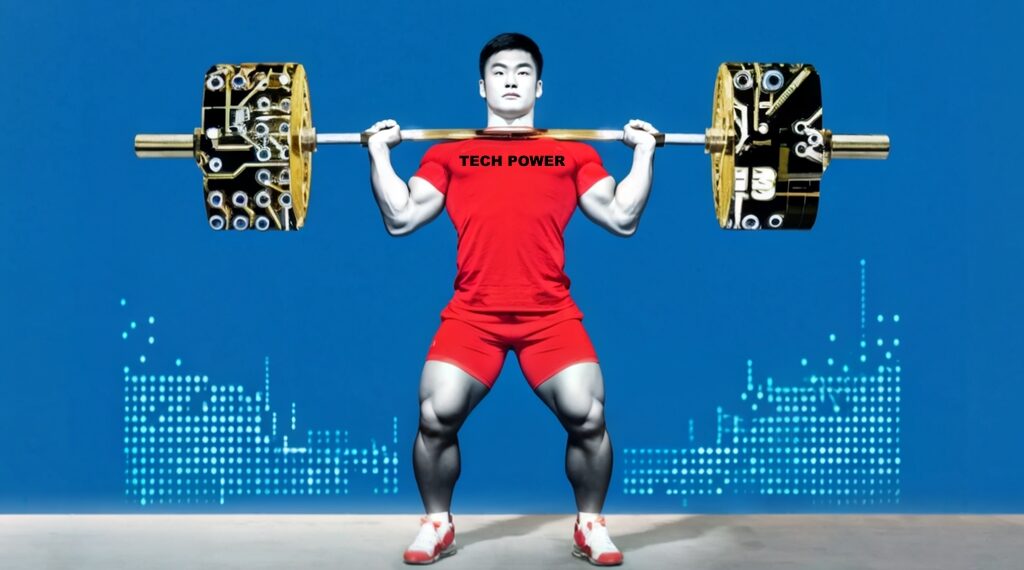China has recommitted to achieving technological self-sufficiency by boosting the development of quantum computing, AI, and big data. Beijing will create detailed strategies to support these emerging industries and reduce reliance on foreign technology. The country plans to implement major science and technology programs for industrial development. The focus areas include quantum information, AI, big data analytics, and other advanced technologies important for economic competitiveness. China is intensifying its push for self-reliance, emphasizing the importance of developing domestic innovation organizations. The government has centralized decision-making around critical technology policies and initiatives, subordinating the Ministry of Science and Technology under increased party control and oversight. The centralization aims to streamline coordination across agencies and sectors and align resources with national priorities. The government sees centralization as lowering coordination costs and increasing the efficiency of targeting key tech development. However, that concentration of power may hinder information flows and exacerbate differences between policymakers and other stakeholders.
The report outlines measures to strengthen China’s domestic talent pool in STEM fields, aiming to nurture more first-class scientists and innovation teams. China is determined to build world-class capabilities in strategic domains like quantum information science, AI, aerospace, biotechnology, and advanced manufacturing and robotics. A robust STEM workforce is essential for driving self-sustaining innovative organizations. China is leveraging its entire system of national mobilization to marshal resources and raise innovation capacity across the board, showing a commitment to fully employing the strengths of its whole-of-nation approach. This state-led model enables the funneling of funding, policies, and institutional support toward achieving breakthroughs in priority areas, demonstrating a willingness to direct resources massively, from cultivating STEM education to bankrolling public-private R&D in frontier fields. Amid tensions with the U.S. over technology transfers and trade, Beijing appears determined to double down on its drive for self-sufficiency.
The whytry.ai article you just read is a brief synopsis; the original article can be found here: Read the Full Article…





